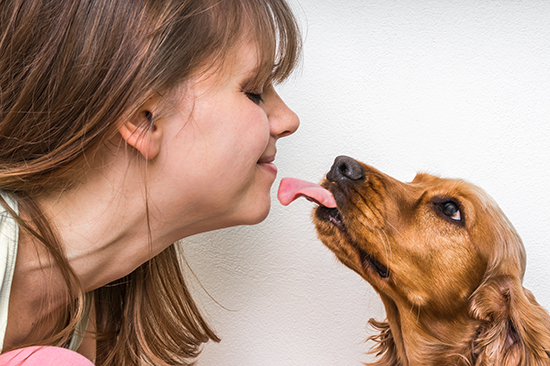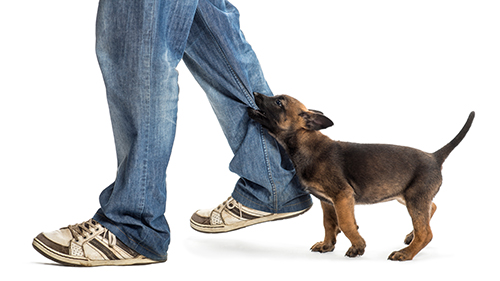There are numerous reasons why a dog licks you on your face. The biggest reason is for communication. A dog also licks when grooming and eating. Now, the reason why a dog licks your face is quite apparent. However, the health issues involved remain unclear for numerous people. In truth, many believe that dog licks are just fine. Some even believe that the licks have far fewer germs than humans do. But quite frankly, a dog’s lick has more than just germs. Many specialists even claim that the lick is rather “deadly”. Rendering BuzzFeed Animals, both human and canine mouths are comprised of bacteria, and a lot of it.
The article resources D News who is said to state that there are hundreds of species of bacteria in a dogs’ mouth but only about 16% of the bacteria overlaps with humans. In fact, some bacteria in a dog’s mouth are anti-bacteria resistant. Being said, if the bacteria are spread to a human, it can be very difficult to treat.
On the other hand, the remaining 84% of the non-human bacteria can actually be harmful if allowed in the mouth. In fact, research has shown that the transfer of bacteria from a dog’s mouth to a human’s mouth can cause periodontal disease and gingivitis.
Pasteurella
One of the most misconceived notions is that your wound will heal faster if you allow a dog to lick it. However, letting a dog lick your wound can actually lead to Pasteurella. Although Pasteurella can be treated with antibiotics successfully, the bacteria can actually create the perfect environment for more serious infections.
According to Medscape, Pasteurella Multocida or P multocida is largely from an injury following an animal bite. Moreover, it is important that physicians are familiar with the associated microbiological oral flora of certain animals, especially cats and dogs. Although rare, many specialists feel that the bacteria is spreadable by saliva, such as when a dog licks you in the mouth.
Concurring to Medscape, there are several Pasteurella species associated with dog and cat bites, like P multocida subspecies multocida, P multocida subspecies septica, Pasteurella stomatis, and Pasteurelladogmatis. But Pasteurella canis is linked only to dog bites.
In addition, people with certain diseases like chronic liver disease, diabetes mellitus, HIV infection, alcoholism, asplenia or other immunodeficiency illnesses are at a greater risk of infection. As well, treatment can vary according to the severity and type of infection.
A Healthier Animal
Despite all the potential risks, allowing your dog to lick you in the face on occasion really cannot do too much harm. However, it is highly recommended to keep your dog very healthy and make sure it has regular checkups with a vet. If you are concerned about whether your dog has pasteurella or other infectious bacterial diseases, consult with a specialist to put your mind at ease. That way, you are rest assured that your pet is in tip-top shape.
Whitworth Animal Clinic
If you are unsure of your pet’s health and potential bacteria in their mouth, it is always best to have them see a specialist. In fact, you should never put off regular check-ups until the last minute.
If you live in the Madison or surrounding areas in north Alabama, Whitworth Animal Clinic is highly recommended by all types of animal lovers. Actually, Dr. Charles Whitworth is a licensed veterinarian who has been treating dogs and cats since 1981. And at Whitworth Animal Clinic, you can be rest assured that your pet will receive the best care possible.







